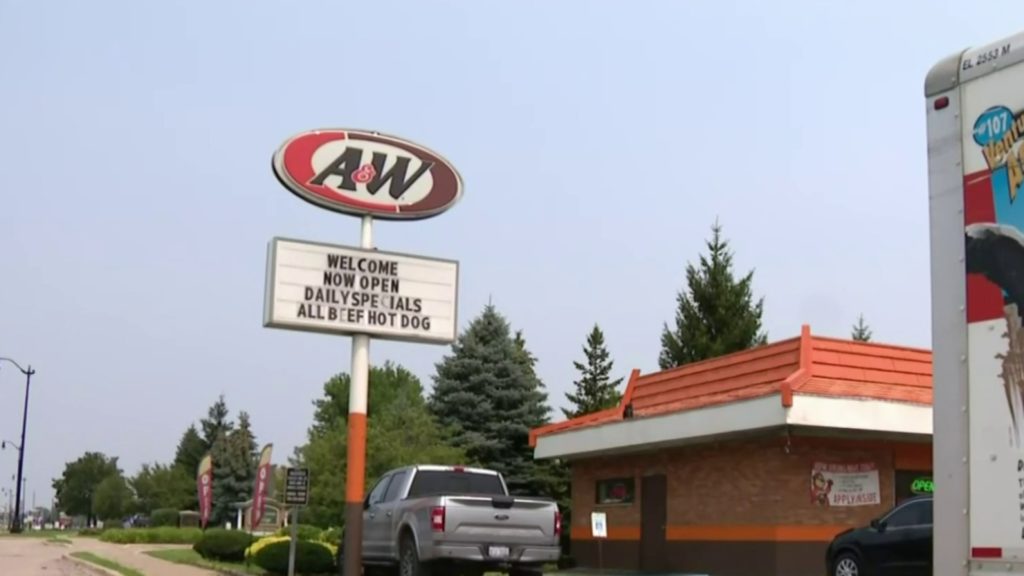21st Century USA

This story about a formerly middle class Detroit family left without enough money to bury their father is very good, if as depressing as you’d expect::
Kristal sat on the bed and started sifting through the first box. There was Dave Sr.’s Army enlistment form, where he’d lied about his birth date to make himself a year older, so he could serve in Vietnam. There was his associate’s degree in criminology, his police badge and a picture of him posing with his wife in front of a little red Mustang at their three-bedroom house, just before things began to unravel. That marriage had ended in divorce. Dave Sr. sank his half of their money into Detroit-area real estate, only to see values drop 82 percent from 2006 to 2008 in the Great Recession. He lost his house to foreclosure. His next wife became addicted to opioids and stole what little money he had left. He had his first heart surgery in 2010 and went thousands of dollars into medical debt. He moved in with his son and tried to redeem himself by opening a string of businesses, each more desperate and more leveraged than the last, until they seemed to Dave Jr. more like delusions. He was starting a photography business in the backyard. He was buying and reselling Tasers on the Internet. He was trying to make TikTok videos for a profit. He was hoarding the family’s household items and hiding them in his room — cellphone chargers, magnets, pencils and razors that Dave Jr. found now at the bottom of the cardboard boxes.
“How do you go from being a police officer to basically stealing people’s trash?” he said, lifting out one of his daughter’s old toothbrushes. “It makes no sense, but I know I shouldn’t be mad at him. He was suffering. He kept trying.”
Dave Jr. knew what that was like. He’d modeled himself after his father, umpiring alongside him in high school and riding with him on private investigations to train as his apprentice. But if his father’s middle class ambitions had fallen apart after 50 years, Dave Jr.’s collapsed by the time he turned 20. He dropped out of school against his father’s advice so he could make some quick money laying cable, got injured at work and then got addicted to the prescription fentanyl patches. He’d gotten clean and stayed that way for the past nine years while taking care of his father and his daughters. He’d even gone back to school at night to earn his diploma, but the life available to him didn’t include the Masons, or a union job, or a thriving American middle class. Instead he’d hustled his way through a series of contracting jobs that paid a living wage one week and nothing the next, until the family’s monthly bills were so far beyond its means that Dave Sr. started burying them in the bottom of a box.
They owed $681 to Verizon, $11,760 to Honda, $522 to Downriver Pain Management and $12,479 to the cardiologist who’d signed Dave Sr.’s death certificate.
“It would take a hundred years to dig out,” Dave Jr. said. “We’ll never get back to where he was.”
Members of the family certainly made some bad choices, while also being badly damaged by structural inequities (most notably the barbaric American healthcare system.) And the choices don’t occur in a vacuum; desperate circumstances lead to short-term thinking that is counterproductive but seems logical at the time. It’s a powerful story right until the end.


